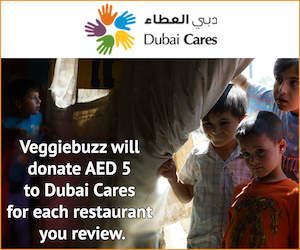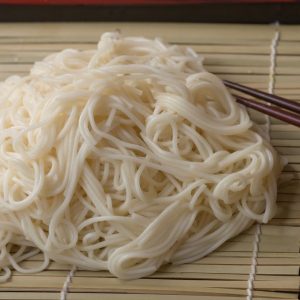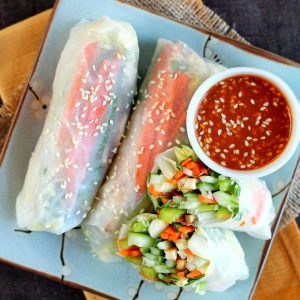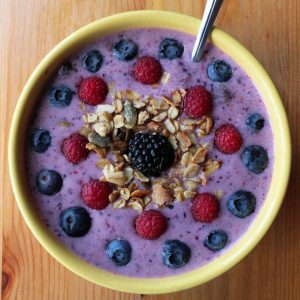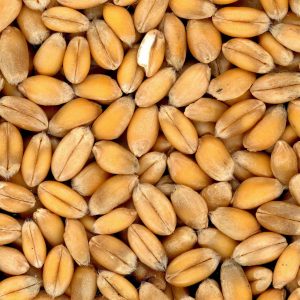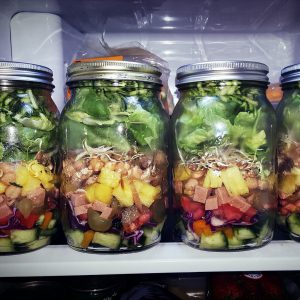Eat Seasonable Vegetables To Lower Your Carbon Footprint
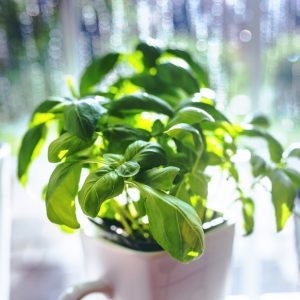

Eating vegetables that are in season is the ultimate way to lower your carbon footprint while celebrating Mother Nature and all she has to offer. For those of us living Dubai, however, it's not always the easiest task to follow the seasons when we're grocery shopping. We all come from different corners of the globe, each with its own seasons, climate and produce. For example, if you're from the UK, then you probably think you should be snatching up all the fresh beetroot, mushrooms and potatoes in season right now while everyone from India thinks November is all about tomatoes, french beans and spring onions. But in Dubai? We have access to it all.
On one hand we are blessed to have high quality imports from around the world readily available in our supermarkets, we never really have to go without any particular item. But shipping produce from around the world plays a part on our overall carbon footprints and when it comes to climate change, every little helps. Making the effort to buy local, seasonal vegetables is not only green - it'll usually taste better too.
Health benefits of keeping it local
- Seasonal food is local food and local food is less processed, more tasty and contains higher concentration of antioxidants than when it's not in season.
- By rotating your food depending on the season, you will protect yourself from developing food intolerances later down the line.
- The natural cycle of the seasons actually mimics our physical needs! For example, when we need to cool down and stay hydrated in the summer, the earth provides us with an abundance of fruits, berries, cucumber, watermelon etc. Pretty magical isn't it?
If your goal is to load up on whatever fruit and vegetables are in season right now, you'll naturally be consuming more than usual. Eating more fresh fruit and vegetables will give you high energy levels, keep you at a healthy weight and provide you with all the vitamins and minerals you need.
It's also healthier for Planet Earth!
Seasonal produce, theoretically, grows without too much added "human assistance" (i.e. pesticides and genetic modification). These toxic compounds contaminate the water and soil surrounding the plants not to mention our bodies. And as seasonal food is more likely to be locally produced, it reduces the amount of energy required to transport it from A to B.
It's good news for your pocket as well, thanks to the very simple process of supply and demand. When a product is growing in abundance i.e. watermelons in the summer, their prices will fall.
Do it yourself!
Contrary to the belief that we live in the desert and therefore couldn't possibly grow our own veggies, Dubai springtime provides a perfect climate for a number of your favorite vegetables including eggplant, zucchini, onions and potatoes. And the wintertime is ideal for growing peppers, chilies, pumpkins and cucumber. Not having a garden isn't an excuse either - it's more than possible to grow broccoli, rocket, basil, coriander, parsley, tomatoes, chilies and bell peppers from the balcony of your high-rise apartment.
Sumati MendaNEWSLETTER SIGNUP
Never miss a post from VeggieBuzz!
Sign up for our newsletter to get the latest VeggieBuzz content delivered right to your inbox.






